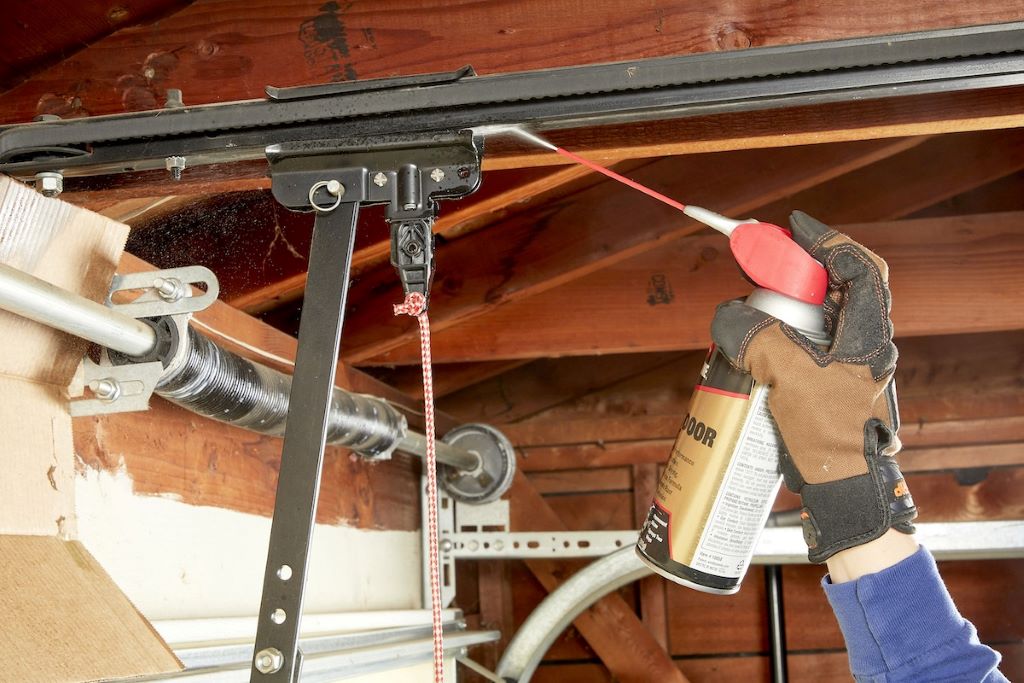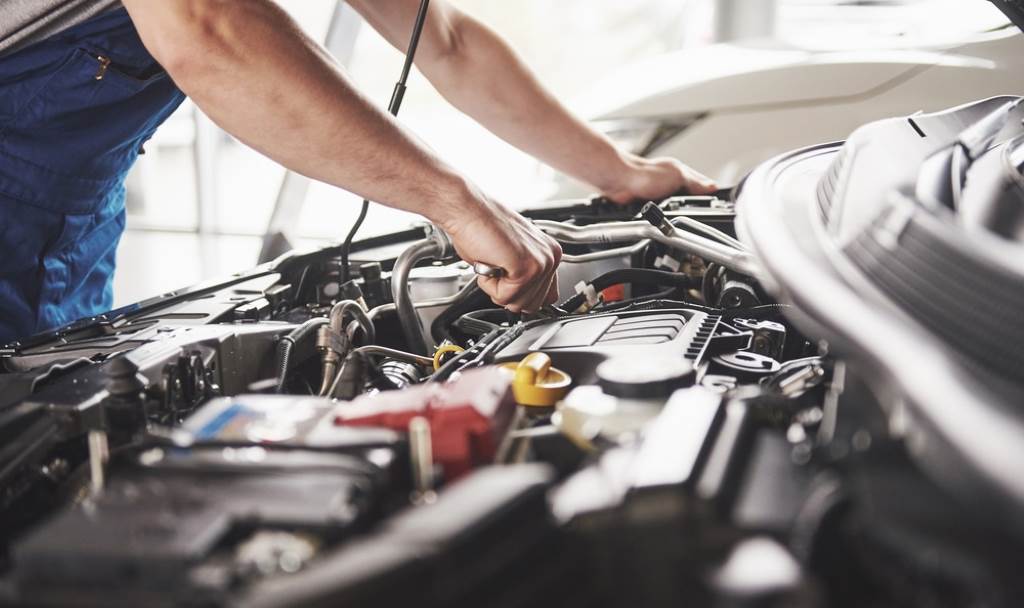Have you ever fantasized about leaving behind the mundane nine-to-five routine and embarking on a journey of exploration and freedom, hitting the road and living in an RV? This kind of lifestyle has become a popular dream for many individuals who desire to embrace the nomadic lifestyle and wake up to new landscapes every day. However, before you take the leap and trade your house keys for RV keys, it’s crucial to understand the true RV cost of living on the road. There are various expenses involved in this lifestyle, such as the cost of purchasing or renting an RV, fuel expenses, campground fees, maintenance costs, and even the cost of food and entertainment. All of these expenses can add up quickly, and it’s crucial to have a clear idea of what you’re getting into before making any life-changing decisions.
The RV Lifestyle: More Than Just Wanderlust

Embracing the Call of the Open Road
Living in an RV isn’t just a change of scenery; it’s a complete shift in lifestyle. It’s about embracing the unknown, relishing the journey, and finding a sense of freedom that traditional living can’t offer. But, of course, this nomadic lifestyle comes with its own set of challenges and costs.
Breaking Down the Costs
1. The Price of Freedom: RV Purchase
Your home on wheels comes with a price tag. RVs range from modest camper vans to luxurious motorhomes, and the cost can vary significantly. Do you prefer the compact coziness of a camper van or the spaciousness of a Class A motorhome? Your choice will impact both your budget and your living experience.
2. Roaming Rent: Campground Fees
While the open road is free, parking isn’t always. Campground fees can add up, especially if you opt for facilities with amenities like showers, electricity, and Wi-Fi. Some seasoned RV dwellers choose to balance paid campgrounds with boondocking – camping off the grid in more remote areas.
3. Thirsty Tanks: Fuel Costs
Your RV’s gas mileage might not be as efficient as your daily driver. Factor in the cost of fuel, which can become a significant part of your budget as you navigate the highways and byways of your chosen route.
4. Home Is Where You Park It: Insurance
Protecting your home on wheels is crucial. RV insurance covers both the vehicle and your personal belongings inside. Costs can vary based on the type of RV and the coverage you choose, but it’s a non-negotiable expense for a worry-free nomadic lifestyle.
5. Keeping It Cool: Maintenance and Repairs
Like any vehicle, RVs require maintenance. From routine oil changes to unexpected repairs, budgeting for the upkeep of your mobile home is essential. Regular maintenance can save you from costly breakdowns and keep you rolling smoothly.
6. Powering Your Adventure: Electricity
Whether you rely on solar panels, a generator, or campground hookups, powering your RV comes at a cost. Investing in energy-efficient appliances and being mindful of your electricity usage can help keep these expenses in check.

Money-Saving Tips for Nomads
1. Embrace Minimalism
Living in an RV means downsizing. Embrace a minimalist lifestyle, keeping only what’s essential. Not only will this simplify your life, but it’ll also save space and weight, potentially improving your fuel efficiency.
2. Cook Like a Pro
Eating out on the road can quickly eat into your budget. Opt for cooking in your RV to save money and enjoy healthier, home-cooked meals. Plus, it’s an excellent way to connect with local ingredients and flavors.
3. Plan Your Route Strategically
Carefully plan your route to minimize unnecessary driving. This not only reduces fuel costs but also allows you to explore each destination more thoroughly. Slow down, savor the journey, and cut down on those fuel-guzzling miles.

4. Embrace Boondocking
Balance your time between campgrounds and boondocking. Boondocking, or dry camping, allows you to park for free in more remote areas. It’s a chance to experience nature up close and personal without the fees associated with traditional campgrounds.
5. Work Remotely
If your job allows it, consider working remotely. The rise of digital nomadism has made it easier than ever to earn a living while exploring new places. Just ensure you have a reliable internet connection wherever your RV takes you.
Frequently Asked Questions (FAQs)
- Can I live in an RV full-time?
Yes, many people choose to live in an RV full-time and embrace the nomadic lifestyle. It requires careful planning, downsizing, and a willingness to adapt to life on the road.
- How much does it cost to buy an RV?
The cost of an RV can vary widely, ranging from a few thousand dollars for a used camper to several hundred thousand dollars for a luxurious motorhome.
- Are there age restrictions for living in an RV park?
RV parks may have age restrictions, typically limiting the age of RVs allowed to maintain a certain standard within the park. Check the policies of each park you plan to visit.
- How do I receive mail while living in an RV?
Many RVers use mail forwarding services that collect and send their mail to wherever they are currently located. Some RV parks also accept mail for long-term residents.
- Is it possible to live in an RV with pets?
Absolutely! Many RVers travel with their furry companions. However, it’s essential to consider the specific needs of your pets and plan your travels accordingly.
The Road Less Traveled
RV cost of living offers a unique blend of freedom, adventure, and challenges. It’s not just a mode of transportation; it’s a lifestyle that requires careful planning and a willingness to adapt. By understanding the costs involved and embracing money-saving tips, you can uncover the answer to the intriguing question: How much does it cost to live in an RV? This exploration opens the door to a journey that goes beyond the ordinary, inviting you to turn the key, hit the gas, and embrace the road less traveled. The open road awaits, and it’s calling your name. Safe travels!





